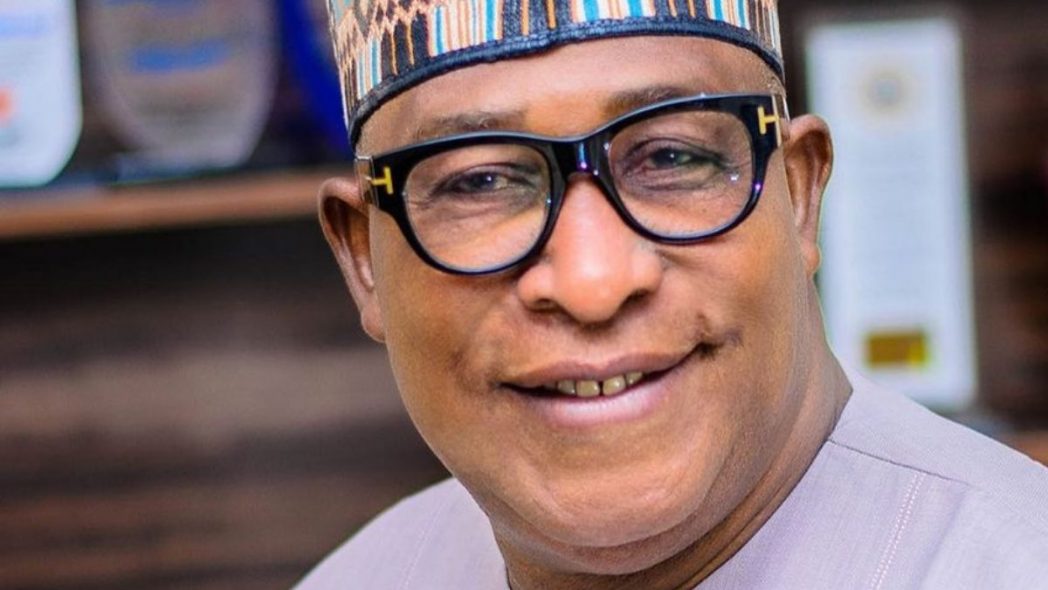Stakeholders Highlight Gas Turbine Deployment to Boost Power Supply
Stakeholders in Nigeria’s energy space have underscored the need for gas turbine deployment as a way to boost the country’s electricity supply shortages.
This was disclosed when industry leaders and policymakers convened in Abuja at the 2025 Gas Turbine Asset Management Conference in Abuja with the theme: “Powering the future – One Upgrade at a Time”.
Hosted by Thomassen Energy and PE Energy, the event set a decisive tone for transforming the country’s energy sector and revitalising its industrial foundation through innovation, accountability, and strategic partnerships.
At the event, Chairman of PANA Holdings, Daere Akobo, highlighted the gap between Nigeria’s installed power capacity, estimated at 12,000 megawatts, and the actual utilised output, which lingers around 4,500 megawatts.
Akobo emphasised the critical role of gas turbines not just as utility for power generators but as core enablers of economic resilience, as Nigeria continues its quest for reliable and scalable electricity.
He said: “Reliable electricity is the lifeblood of economic growth and bridging this gap demands immediate, systemic reform, beginning with the reinstatement of the Presidential Power Initiative (PPI).”
Making a bold recommendation, Akobo proposed the formation of an independent, privately led energy Council.
“This non-profit body would be composed of volunteer experts offering advisory support to government institutions, aimed at ensuring consistent, technically sound reforms in the energy space” , he added.
Minister of State for Industry, Representing Senator John Enoh, who was represented by the Special Adviser on Strategic Communications, Ifeoma Williams, urged participants to move from rhetoric to results, stressing that stakeholders we must no longer leave conferences with recommendations alone.
“Let us leave with resolve to manage and sustain our gas assets with intelligence, urgency, and courage,” he stated.
Chief Executive of Thomassen Energy, Peter Stuttaford, reinforced the company’s commitment to the Africa region.
He added: “We are proud to partner with PE Energy in optimising turbine performance across Africa. Our goal is to deliver fast, reliable solutions that meet the needs of today’s evolving energy systems.”
The event also featured a high-level panel discussion featuring key industry figures, including the Chief Executive of the Association of Power Generation Companies (APGC), Joy Ogaji; Olurotimi Famoroti, CEO, First Independent Power PLC; Chris Osarumwense, Managing Partner, Greenfields Consultancy; and Abdullahi Kassim, Executive Director, Niger Delta Power Holding Company.
While the central theme throughout the session was the need for smarter asset management, proposals centered on implementing remote, centralised monitoring systems to increase efficiency and transparency, and leveraging Artificial Intelligence (AI) and predictive maintenance technologies to boost turbine reliability and reduce downtime.
Stakeholders also called for strategic localisation of turbine parts manufacturing and the creation of regional service hubs to foster technical expertise and reduce foreign dependency.
With the call to action extending beyond technology, they advocated for aligning power generation with economic zones, urging generation companies to directly support regional industrial clusters.
This approach, they agreed, aims to tether energy output more closely to local manufacturing and commercial demand, stimulating job creation and sustainable growth.











